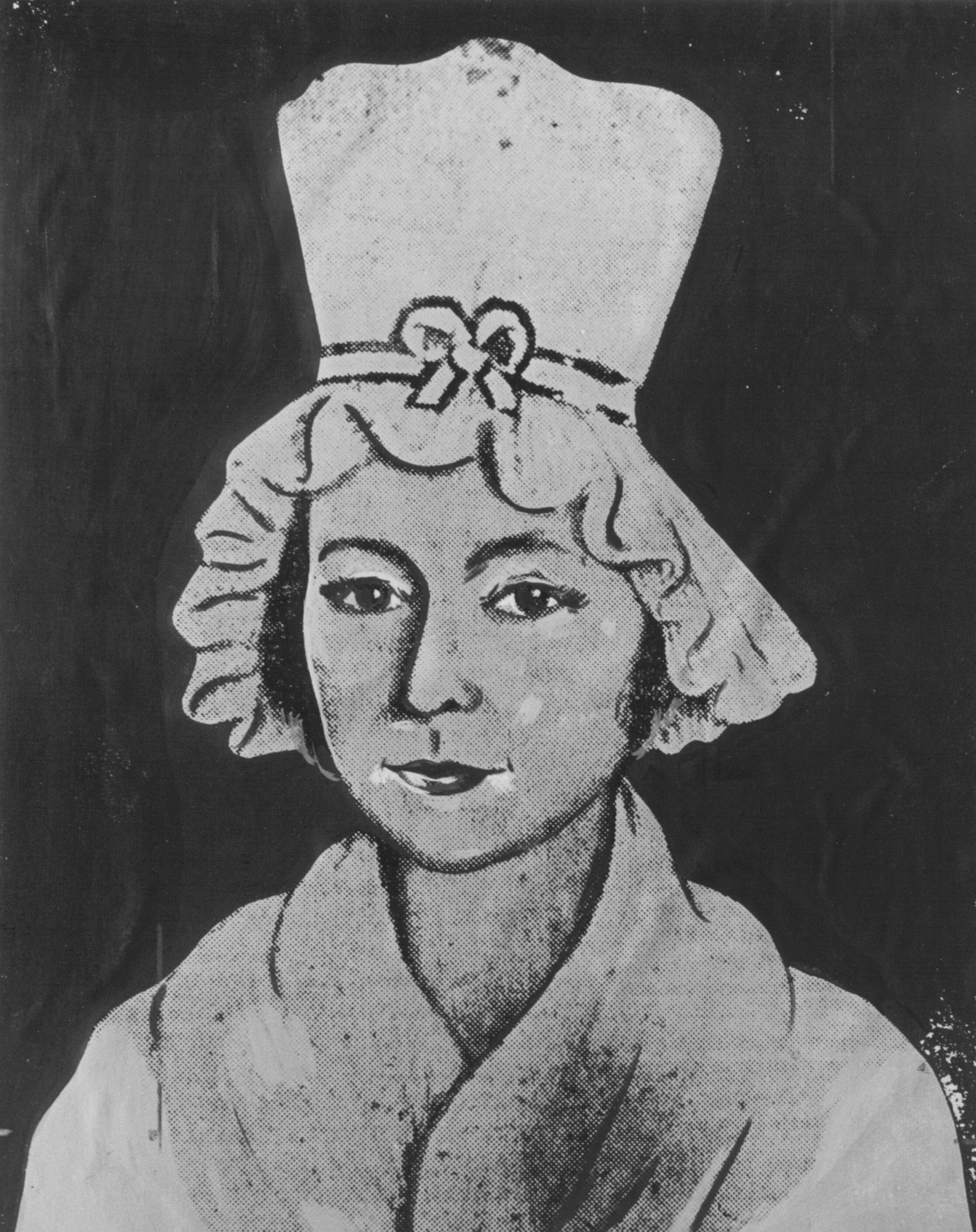A New World Colony & its Revolution
Women in colonial Connecticut lived under English Common Law with its tradition of female subordination. Although single women had property rights, married women were limited by the concept of coverture. A married woman’s property, inheritance, and any wages she earned became her husband’s, and she was legally called a “feme covert.” All the English colonies had such statutes regulating marriage.
Nevertheless, the American environment served to improve the status of women. Their activities at home and on the farm gave them increased power and prestige, and some came to own property, manage businesses, and engage in trade. Hannah Bunce Watson, for example, upon her husband’s death, assumed his position as publisher of the Connecticut Courant and adopted an editorial policy of supporting the Revolution.
The early days of producing food, textiles, and clothing at home prepared Connecticut women for their part in the Revolutionary War. The success of “the Provisions State” in keeping the American troops clothed and fed depended largely on women who worked the looms and gathered the harvests. After the Revolution, grateful leaders created a new ideal of Republican mothers as educators of the next generation of patriots.
Religion also contributed toward the changing concept of womanhood when waves of revivalism swept through the largely Protestant English colonies. The potential egalitarianism of the “Great Awakening,” which considered the moral selves of a man and a woman as equal, gave some women a greater role in religious worship and church affairs. Both evangelical religion and Republican motherhood provided justification for the later expansion of women’s place in benevolent and reform associations.
Prior to the Revolution, the education of a daughter was haphazard at best, but after the Revolution, reformers challenged the old notion of women’s limited intellectual capacity, arguing that mothers would only be able to teach their children the essential principles of citizenship if they were knowledgeable about history and politics. By the 1780s, private academies such as the Litchfield Female Academy, founded by Sarah Pierce, began educating the daughters of the elite, including the Smith sisters of Glastonbury. The curriculum could be quite rigorous, although instruction in fancy needlework continued to prepare women for a traditional domestic role.
Special thanks to Barbara E. Lacey, Ph.D., Professor Emeritus of History, St. Joseph's College (Hartford, CT) for preparing these historical summaries.

